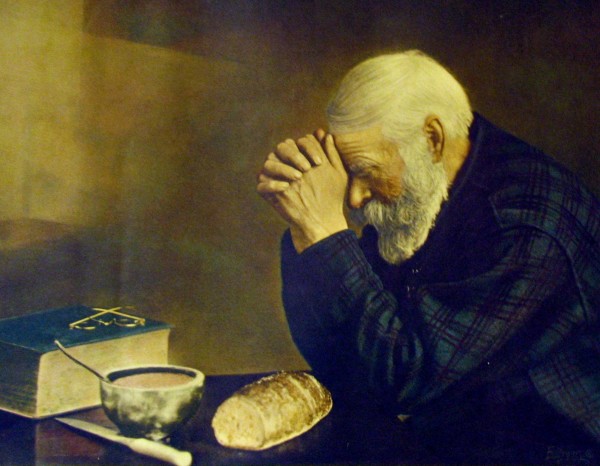Sunday's Hymn: Infant Holy, Infant Lowly
 Saturday, December 17, 2011 at 10:36PM
Saturday, December 17, 2011 at 10:36PM Infant holy, Infant lowly, for His bed a cattle stall;
Oxen lowing, little knowing, Christ the Babe is Lord of all.
Swift are winging angels singing, noels ringing, tidings bringing:
Christ the Babe is Lord of all.Flocks were sleeping, shepherds keeping vigil till the morning new
Saw the glory, heard the story, tidings of a Gospel true.
Thus rejoicing, free from sorrow, praises voicing, greet the morrow:
Christ the Babe was born for you.
Other hymns, worship songs, sermons etc. posted today:
- Update: While Shepherds Watched Their Flocks at Rosemary at Home
- Lo, How a Rose E’er Blooming at Jam and Books
- All My Heart This Night Rejoices at Hiraeth
- Jesus, Your Name at Daily On My Way to Heaven
- All Hail the Power of Jesus’ Name at Whatever Things
- Joy Bells Are Ringing at The Happy Wonderer
- While Shepherds Watched Their Flocks by Night at Fieldstone Cottage
- Behold! The Grace Appears at Tried With Fire
- Lord’s Day 51, 2011 at The Thirsty Theologian
- Voices From the Past - December 18, 2011
- Update: Your Weekly Dose of Spurgeon at Pyromaniacs: Have a Merry Christmas
Have you posted a hymn (or sermon, sermon notes, prayer, etc.) today and I missed it? Let me know by leaving a link in the comments or by contacting me using the contact form linked above, and I’ll add your post to the list.



